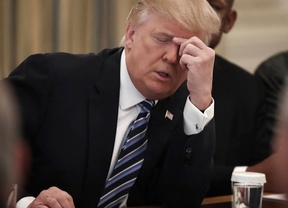
Recently, reports have indicated that the United States is in search of advanced surveillance tools, sparking extensive debate over privacy, national security, and the ethical implications of monitoring. This issue is particularly relevant in a world where technology is rapidly advancing and monitoring capabilities are becoming more sophisticated.
Context
The U.S. government’s pursuit of surveillance tools is set against a global backdrop where security and information protection are top priorities. With the rise of cyber threats and the need to safeguard critical infrastructure, the government has intensified efforts to acquire technologies that allow it to stay ahead of potential adversaries.
Implications of Surveillance
Privacy: One of the primary concerns is the impact these tools may have on citizens’ privacy. Mass surveillance has faced criticism for potentially leading to abuses and the erosion of fundamental rights.
National Security: On the other hand, proponents argue that such measures are necessary to ensure national security. In a world where terrorism and organized crime are constant threats, the ability to monitor suspicious activities is seen as a crucial component of defense.
Ethics: The quest for surveillance tools raises ethical questions about the limits of monitoring. How far is it acceptable for a government to invade its citizens’ privacy in the name of security? This dilemma continues to be debated in the public sphere.
Conclusion
The U.S. search for surveillance tools is a complex issue that encompasses security, privacy, and ethics. As technology advances, it will be essential to find a balance between protecting national security and respecting individual rights. Discussions surrounding these topics are crucial for defining the future of surveillance and privacy in the digital age.




